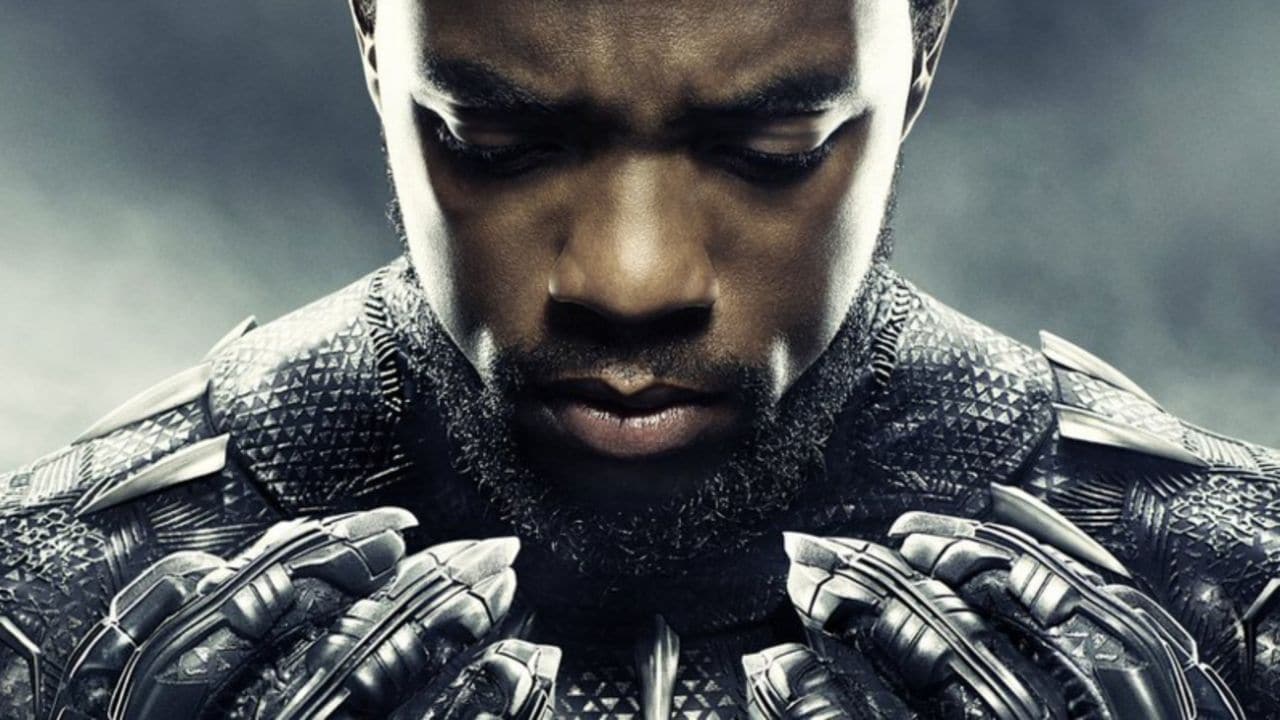
Chadwick Boseman in Black Panther.
Now that all of geekdom is gearing up for the all-out monstrous battle that Avengers: Infinity War promises to be, the dust around Wakanda has finally begun to settle a wee bit. While Black Panther continues to break new box-office ground, now chasing down the record set by Marvel’s The Avengers, criticism for the film has finally begun crawling out of the woodwork.
The most common refrain against the MCU-Ryan Coogler take on Black Panther seems to be that if you strip away the racial and anti-colonial aspects of the film, it’s just a standard (if enjoyable) action film that doesn’t have very much more to justify the exalted status the film seems to be enjoying the world over. (Except China, apparently.)
Hold on, though. Before you feed the film a mysterious concoction that magically strips away the power accorded to it by its unprecedented and momentous take on race in one of the most racially-charged periods in recent memory, it makes sense to ask the question - does that criticism hold any merit?
Should Black Panther even be viewed and judged without the prism of race?
Here's the thing: no film or filmmaker is obligated to serve us social messaging. Marvel Studios, for instance, has thrived on making a bunch of tentpole blockbusters that largely follow the same template, adding just enough to tie in to the larger universe the films belong to, while never really departing from the ‘formula’. Indeed, there isn’t a film out of the 22 in the MCU so far that doesn’t essentially boil down to ‘superhero fools around a bit; meanwhile, super-villain gets powerful; superhero figures his s*** out and wins in the end; post-credits scenes’. (Change singular to plural for the ensemble films.)
The closest we came to having some sort of real-world significance in MCU was with Captain America: The Winter Soldier, which had deep state surveillance as an angle of its plot. However, the difference between that film and Black Panther is that racism isn’t merely an ‘angle’ in the latter.
Wakanda had, until now, chosen to be in the shadows precisely because its leaders saw what happened when powerful nations meddled in the affairs of less powerful ones. They also saw what white domination and colonisation had done to other African nations, robbing them of their culture, their freedom and their right to exist as equal citizens of the world for generations. Wakanda is essentially an oasis in a world that meekly sings along to the tune of white hegemony.
A young man upon whom is thrust the leadership of such a nation has to grapple with all of these issues in a changing world, one that is increasingly demanding a more equal, rational leadership in times of crisis. While the rest of the world sees Africa and persons of African origin ‘catching up’, King T’Challa has to choose whether to reveal that it is, in fact, the rest of the world that needs to catch up to the most advanced civilisation that exists - one that, for the first time in the history of popular cinema, happens to be African.
This utopian, vastly superior African nation that we see in Black Panther still has certain issues within it that identify it as a human race - issues like adherence to tradition, people falling prey to human traits such as unchecked ambition and vengeance, and so on. Yet, the fact that Wakanda is a place untainted by white contempt reflects also in how it is far less capitalist, misogynistic, unjust and a significantly more equal and humble place than the real world we are so familiar with.
Race, thus, isn’t just a theme in Black Panther; it is one of the central conceits of the film. To attempt a valid criticism of the film without considering how it depicts race would be akin to saying, “I thoroughly enjoyed Titanic, but I wish it wasn’t set on a ship.”
So, does disliking Black Panther make you racist? It certainly does not. However, it does indicate that the nuances of the film’s depiction of race and why it has morphed from being a mere film into a global movement (#WakandaForever, I say) were lost.
The fact that it is a fun action film over and above everything important that the film is really about isn’t just a bonus - it also further beefs up the validity of all the critical and commercial acclaim the film has received. In this context, any critique of the film that attempts to divorce race from it is nothing but injustice. (Oh, the irony.)
Published Date: Mar 25, 2018 09:08 AM | Updated Date: Mar 25, 2018 09:08 AM